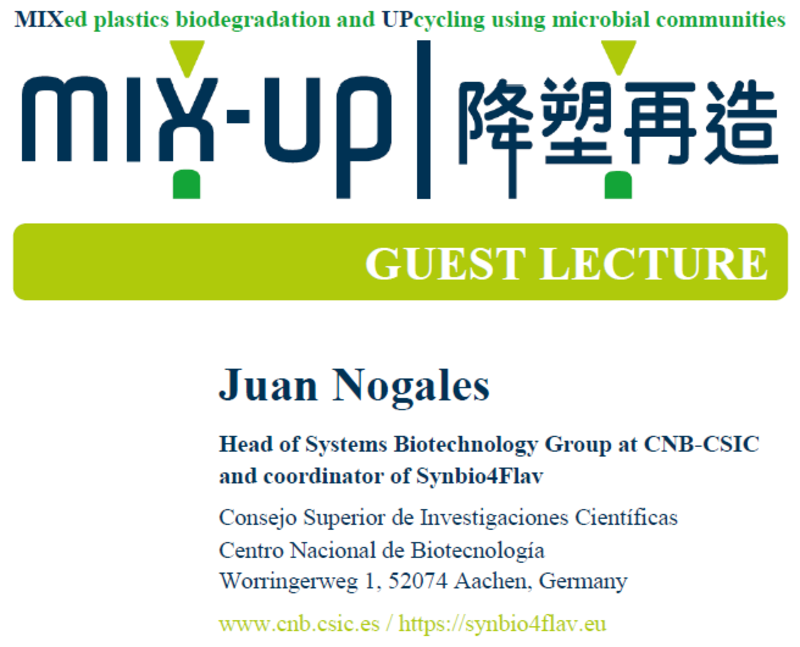Flavonoids are phytonutrients occurring naturally in plants. There are over 6,000 types of flavonoids, each with its unique set of benefits. Flavonoids have incredible health benefits. Depending on the type, they can exhibit anti-oxidative, anti-inflammatory, anti-mutagenic and anticarcinogenic properties. They also support our immune and cardiovascular systems and help to modulate key functions of enzymes in our cells. Flavonoids are used in numerous applications including functional food & beverages, dietary supplements, cosmetics, and pharmaceuticals. Despite the growing market demand for flavonoids, current production is constrained by conventional manufacturing processes using plant-based sources. Furthermore, their production remains elusive to chemical synthesis and biotech-based approaches. By using synthetic biology, the SynBio4Flav project aims to provide a cost-effective alternative to current flavonoid production. SynBio4Flav develops a standardized pipeline for the surrogate production of plant flavonoids using synthetic microbial consortia (SMCs) for systemsguided assembly of such complex natural products. By facilitating component troubleshooting and reusability, instead of optimizing a single whole-cell biocatalyst, SynBio4Flav recreates the nonhomogeneous scenario of natural flavonoid production processes. Specifically, it breaks down complex, highly regulated metabolic pathways into stand-alone modules and then assigns each module to a microorganism that is genetically engineered to deliver the optimal output for subsequent biosynthetic steps within the SMC. SynBio4Flav’s ground-breaking approach impacts the whole synthetic biology hierarchy abstraction, i.e. from cell systems to microbial communities, and is expected to replace the more traditional use of single-cell biocatalysts. The project’s ultimate goal is to deliver a paradigm shift in biotechnological manufacturing of complex natural chemicals.
Announcement: Guest Lecture in November!
We are happy to welcome our partner Dr Juan Nogales for a guest lecture on 'Cost-effective production of Flavonoids: the EU H2020-project SynBio4Flav' on Friday, 6th of November 2020, at 11 a.m.


